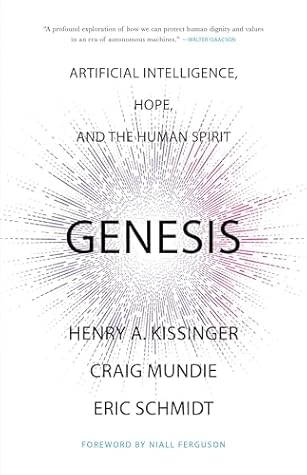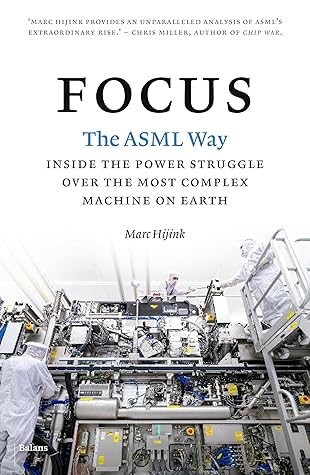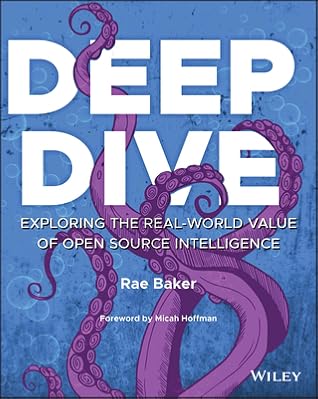Most Read This Week In Computer Science
Computer science is the scientific and practical approach to computation and its applications. It is the systematic study of the feasibility, structure, expression, and mechanization of the methodical procedures (or algorithms) that underlie the acquisition, representation, processing, storage, communication of, and access to information, whether such information is encoded as bits in a computer memory or transcribed in genes and protein structures in a biological cell. A computer scientist specializes in the theory of computation and the design of computational systems.
Related Genres
“
Want to guarantee nasty conflicts? Take a word with multiple, fuzzy, definitions, force people to strike an agreement on it, attach large amounts of money to it, and then watch them fight about it a year or two later.
”
― Release It!: Design and Deploy Production-Ready Software
― Release It!: Design and Deploy Production-Ready Software

“
You are not reading this book because a teacher assigned it to you, you are reading it because you have a desire to learn, and wanting to learn is the biggest advantage you can have.
”
― The Self-Taught Programmer: The Definitive Guide to Programming Professionally
― The Self-Taught Programmer: The Definitive Guide to Programming Professionally
1,578 members,
last active a day ago
3 members,
last active 5 years ago
3 members,
last active 6 years ago
Never stop learning.
3 members,
last active 12 years ago
Tags
Tags contributing to this page include: computer-science and comp-sci


































































